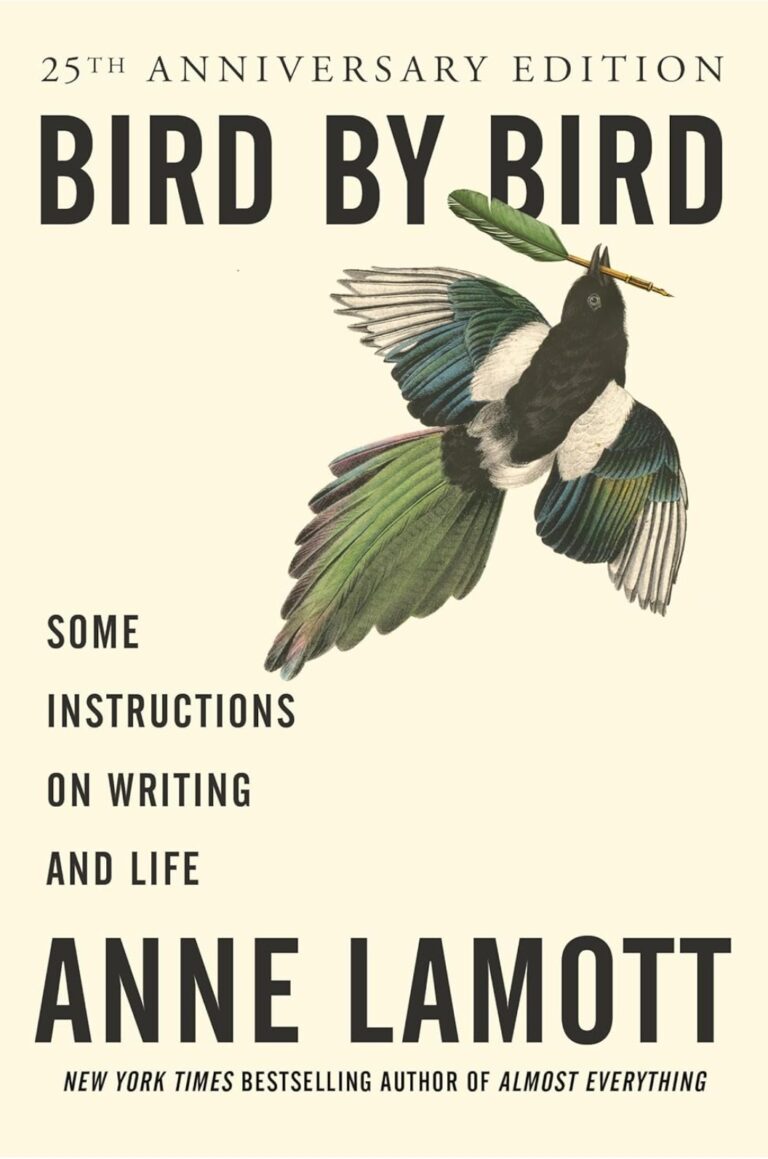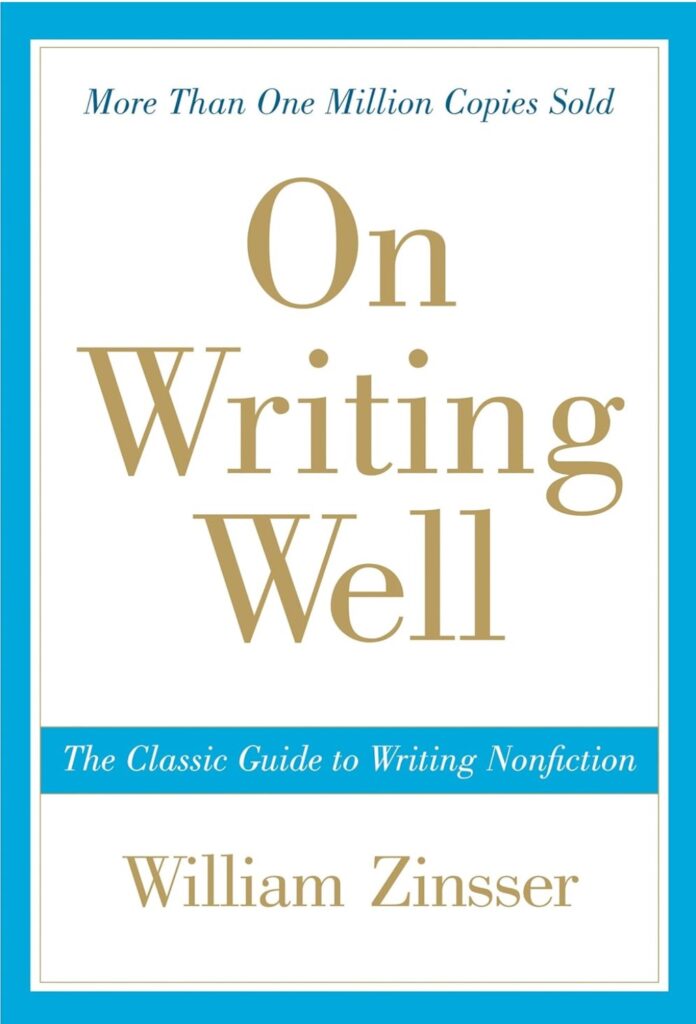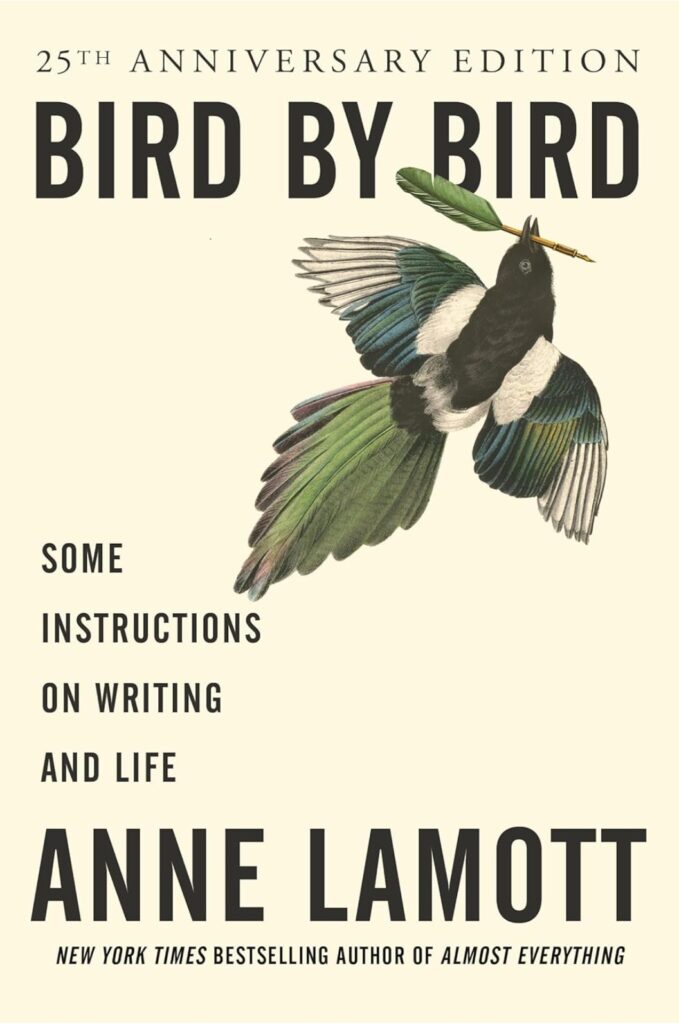As a romance author who writes insta-love stories featuring aliens, paranormal creatures, and unusual scenarios, I understand the unique challenge of crafting scenes that evoke deep, heartfelt emotions.
Creating emotional resonance in a short span is crucial for the success of any romance story. Drawing from my own writing experiences, I’d like to share some effective techniques to help you create powerful and emotional scenes that captivate your readers.
Table of Contents
ToggleCrafting Relatable Characters
Developing Rich Backstories
In my experience, the foundation of any heartfelt scene lies in well-developed characters. Giving your characters rich backstories and relatable motivations makes their emotions more believable.
For example, in one of my novellas about a human and a telepathic alien, the alien’s tragic past and the human’s longing for connection added depth to their emotional scenes.
Consider your characters’ histories and how these shape their current behaviors and feelings. What past experiences have influenced their present selves?
By developing detailed backstories, you can create characters whose emotions resonate deeply with readers.
Showcasing Vulnerability
I’ve found that showcasing vulnerability can significantly enhance the emotional impact of a scene. Characters who reveal their fears and insecurities are more relatable and engaging.
In a story about a werewolf and a human, the werewolf’s fear of his own strength and the human’s struggle with trust issues added layers of emotional intensity.
Think about moments when your characters can reveal their vulnerabilities. What fears or insecurities can they share with each other? These moments of honesty can create powerful emotional connections and drive the narrative forward.
Using Sensory Details to Enhance Emotion
Engaging the Senses
Sensory details can bring your scenes to life and evoke strong emotional responses from readers. In my stories, I focus on describing sights, sounds, smells, tastes, and textures to immerse readers in the characters’ experiences.
For instance, in a novella about a human and a dragon shifter, I described the warmth of the dragon’s breath and the roughness of his scales to create a vivid, immersive experience.
Consider how you can engage the senses in your writing. What details can you include to make scenes more tangible and emotionally powerful? By using sensory language, you can create a more immersive and emotionally charged narrative.
Incorporating Symbolism and Metaphor
I’ve found that using symbolism and metaphor can deepen the emotional resonance of a scene. Symbolic elements can represent characters’ inner struggles and emotions, adding layers of meaning to the narrative.
In a story about a human and a mermaid, the ocean symbolized the mermaid’s longing for freedom and the human’s fear of the unknown.
Think about how you can incorporate symbolism and metaphor into your scenes. What objects or settings can represent your characters’ emotions? These elements can add depth and emotional richness to your narrative.
Building Tension and Release
Creating Emotional Climaxes
In my experience, building to an emotional climax can leave a lasting impact on readers. This involves carefully crafting the narrative to lead up to a pivotal moment of emotional intensity.
In a novella about a human and a vampire, the climax occurred when the vampire had to choose between his nature and his love for the human, creating a powerful and memorable moment.
Consider how you can build to an emotional climax in your scenes. What events lead up to this moment? How do your characters’ emotions culminate in this scene? By creating a well-crafted climax, you can leave a lasting emotional impression on your readers.
Providing Emotional Resolution
While high stakes and intense emotions are essential, providing emotional resolution is equally important. I’ve found that resolving the characters’ emotional journeys can leave readers satisfied and emotionally fulfilled.
In a story about a human and an alien diplomat, the resolution came when they found a way to bridge their cultural differences and commit to each other.
Think about how you can provide emotional resolution in your scenes. How do your characters find closure and growth? This resolution can give readers a sense of completion and emotional satisfaction.
Dialogue and Body Language
Crafting Meaningful Dialogue
Dialogue is a powerful tool for conveying emotions. In my stories, I use dialogue to reveal characters’ thoughts, feelings, and motivations.
For instance, in a novella about a human and a fae, the fae’s poetic expressions of love contrasted with the human’s straightforward honesty, creating a dynamic and emotionally rich conversation.
Pay attention to how your characters speak. What words and phrases do they use to express their emotions? How can their dialogue reflect their inner struggles and desires? By crafting meaningful dialogue, you can enhance the emotional impact of your scenes.
Utilizing Body Language
Body language can convey emotions more subtly than words. I’ve found that describing characters’ physical reactions can add depth to emotional scenes.
In a story about a human and a werewolf, the werewolf’s tense posture and the human’s trembling hands revealed their anxiety and anticipation during a pivotal moment.
Think about how your characters’ bodies react to their emotions. What gestures, expressions, or movements can reveal their inner feelings? By incorporating body language, you can create more nuanced and emotionally resonant scenes.
Leveraging the Supernatural Elements
Enhancing Emotions with Supernatural Abilities
Supernatural abilities can add an intriguing layer to emotional scenes. In my stories, I often use these abilities to create unique interactions and connections.
For instance, in a novella featuring a human and a telepathic alien, the alien’s ability to sense emotions added depth to their relationship and heightened the emotional stakes.
Think about how your characters’ supernatural traits can enhance their emotional interactions. How can these abilities create unique opportunities for connection and conflict? By integrating these elements, you can make the emotions in your scenes more dynamic and engaging.
Exploring Unique Challenges
I’ve found that the unique challenges posed by supernatural elements can intensify the emotions in a scene.
In a story about a human and a shapeshifter, the shapeshifter’s struggle with their identity added complexity to their relationship, making their bond stronger.
Consider the obstacles your characters face due to their supernatural nature. How do these challenges impact their emotions and interactions? By exploring these difficulties, you can create a more nuanced and emotionally rich connection.
Final Thoughts
Creating heartfelt and emotional scenes in romance novels involves a blend of deep character development, vivid sensory details, and careful crafting of dialogue and body language.
By building relatable characters, using sensory language, and leveraging supernatural elements, you can craft emotionally engaging stories that resonate with readers.
Consistency and attention to detail are key to creating believable and immersive emotional experiences. In my experience, maintaining character integrity and pacing the emotional journey effectively enhances the overall impact of the story.
Additionally, seeking feedback from readers and fellow writers can provide valuable insights and help refine your narrative.
I’ve applied these techniques in my own writing, enriching my stories and connecting more deeply with my readers.
For anyone writing insta-love romance, especially within the realms of paranormal and sci-fi, these strategies can elevate your storytelling and create unforgettable emotional experiences.
If you’re ready to evoke strong emotions in your romance novels, I encourage you to explore these techniques and let your creativity flourish.
Happy writing!











































